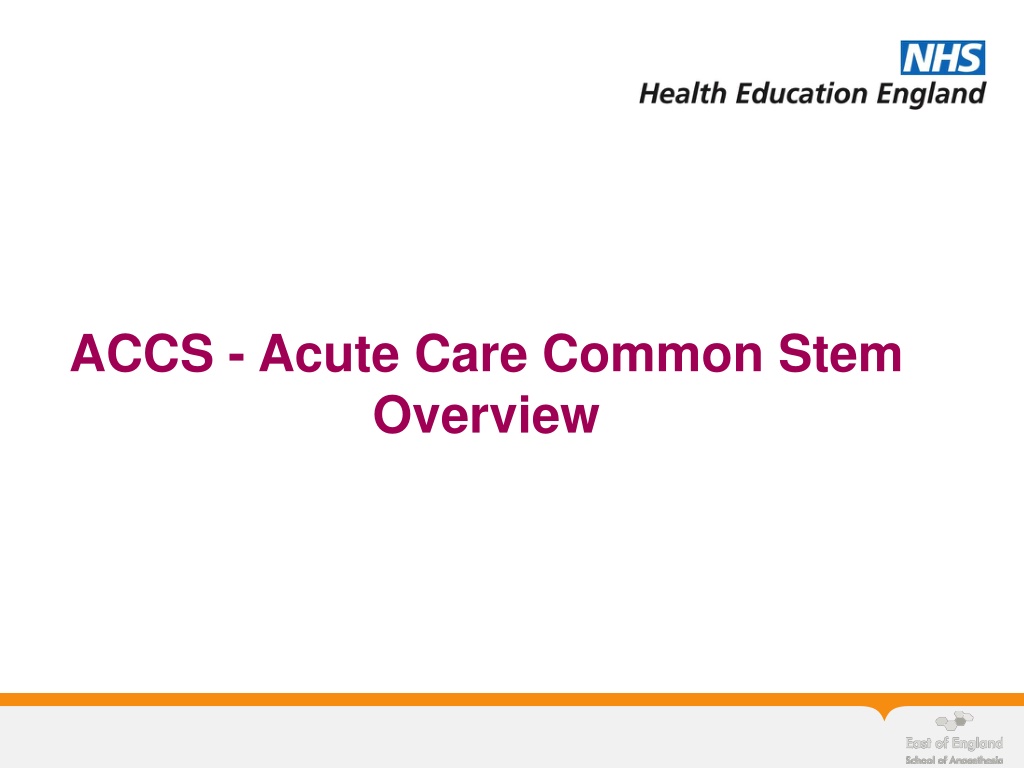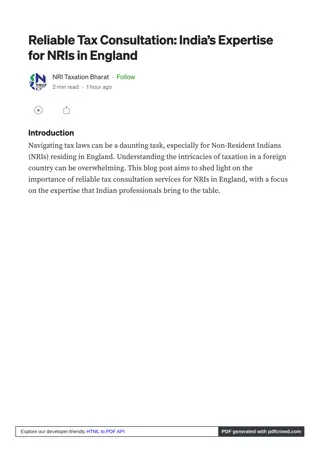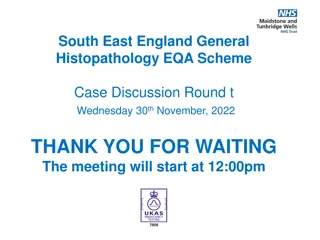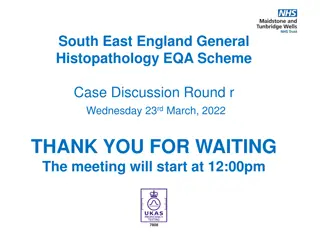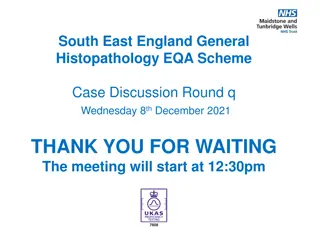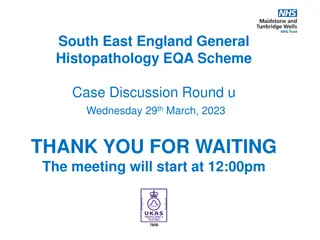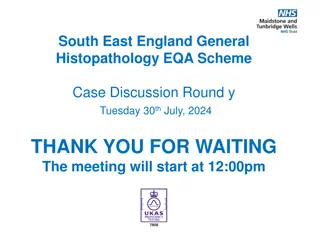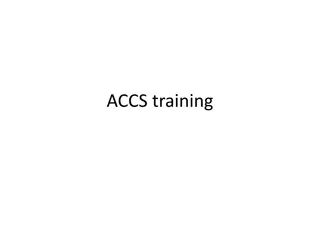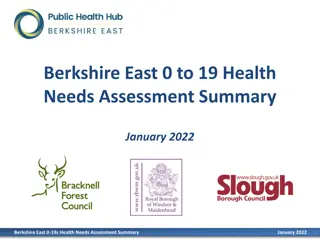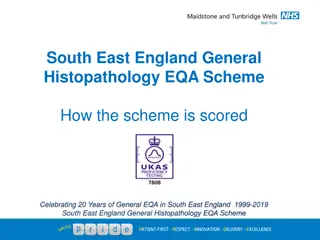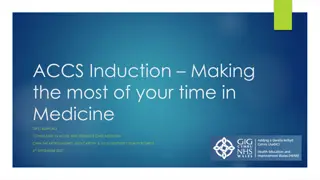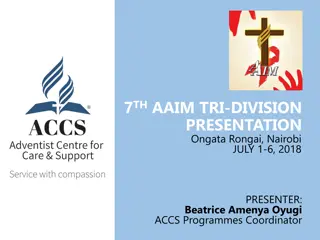Overview of ACCS Training in East of England
ACCS (Acute Care Common Stem) Training in the East of England region is overseen by the ACCS Specialty Training Committee, involving Emergency Medicine, Acute Medicine, Anaesthetics, and Intensive Care Medicine. Trainees complete rotations in different specialties and are provided supervision and support throughout their training years. Rotations are organized in 6-month blocks, with trainees entering their parent specialty in Year 3. The program ensures trainees fulfill the same curriculum competencies and receive equal treatment, regardless of their specialty stream.
Download Presentation

Please find below an Image/Link to download the presentation.
The content on the website is provided AS IS for your information and personal use only. It may not be sold, licensed, or shared on other websites without obtaining consent from the author. Download presentation by click this link. If you encounter any issues during the download, it is possible that the publisher has removed the file from their server.
E N D
Presentation Transcript
ACCS - Acute Care Common Stem Overview
ACCS Training: East of England ACCS Training overseen by ACCS Specialty Training Committee Collaboration of 4 specialities Emergency Medicine Acute Medicine Anaesthetics Intensive Care Medicine Total of 72 trainees recruited/year (EM 49, An14, AM 9) 144 trainees over 2 years (plus out-of-sync trainees) Trainees enter their parent specialty in Year 3
ACCS Training: East of England Regionally: Divided into 4 sectors: Norfolk/Suffolk Cambridge/West Suffolk Bedfordshire/Hertfordshire Essex
ACCS Training: All rotations are completed in 6 month blocks Placements are managed by the School of Emergency Medicine with collaboration between the EM, AM and Anaesthetics TPDs Trainees remain at the same hospital for the first 2 years (exception Addenbrooke s/WSH share ACCS-2) Preferences are requested for EM ST3 but most stay at the same hospital
ACCS Supervision All ACCS Trainees are required to fulfil the same curriculum competencies in years 1 and 2 and should be treated equally, regardless of specialty stream.
ACCS Rotations: ACCS-1 6 months Emergency Medicine 6 months Acute Medicine ACCS-2 6 months Anaesthetics 6 months Intensive Care Medicine ACCS-3 Trainees enter their own specialty stream
ACCS Supervision Educational Supervisor from the trainee s parent specialty should be assigned and follow the trainee through their first 3 years of training Clinical Supervisor is assigned for each rotation outside of the trainee s parent specialty The trainee should meet: Educational Supervisor 3 times/year Clinical Supervisor 3 times/rotation
ACCS Supervision Each specialty has its own e-portfolio Format and the names of forms differ but the requirements are the same Emergency Medicine RCEM NHS e-portfolio Acute Medicine JRCPTB NHS e-portfolio Anaesthetics Lifelong Learning Platform (LLP)
Where can I find information? HEEoE website ACCS Pages ACCS Handbook Professional Support and Wellbeing LTFT Training Educator Faculty Training Days Royal College of Anaesthetists
